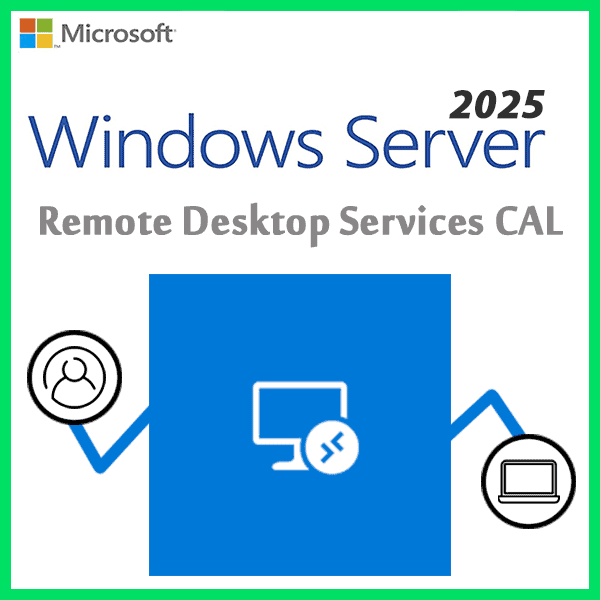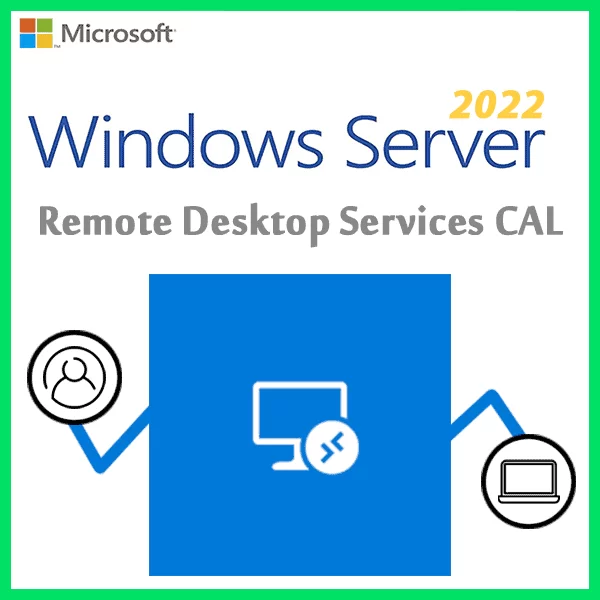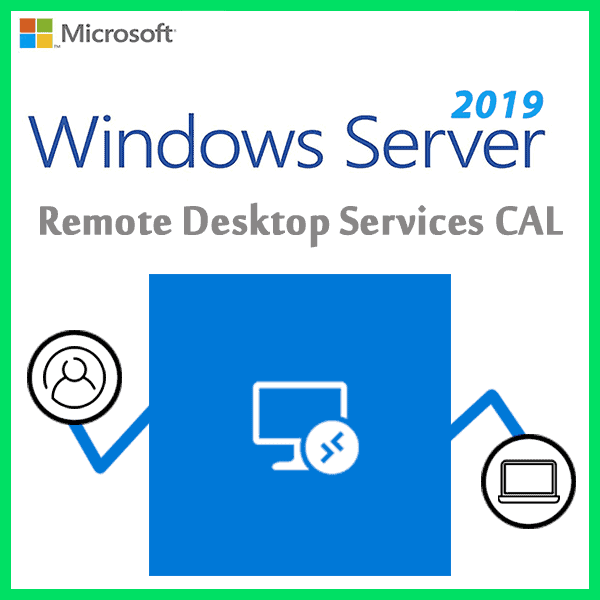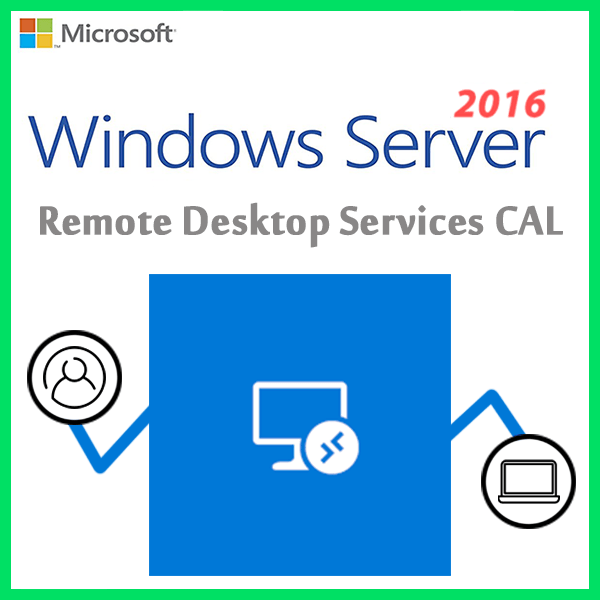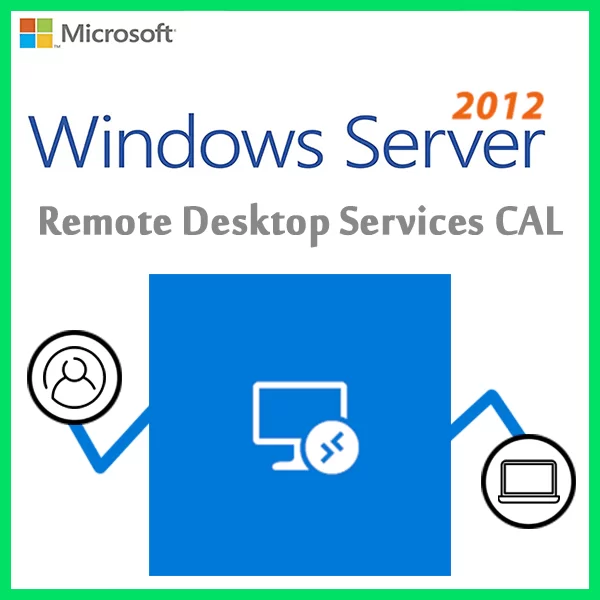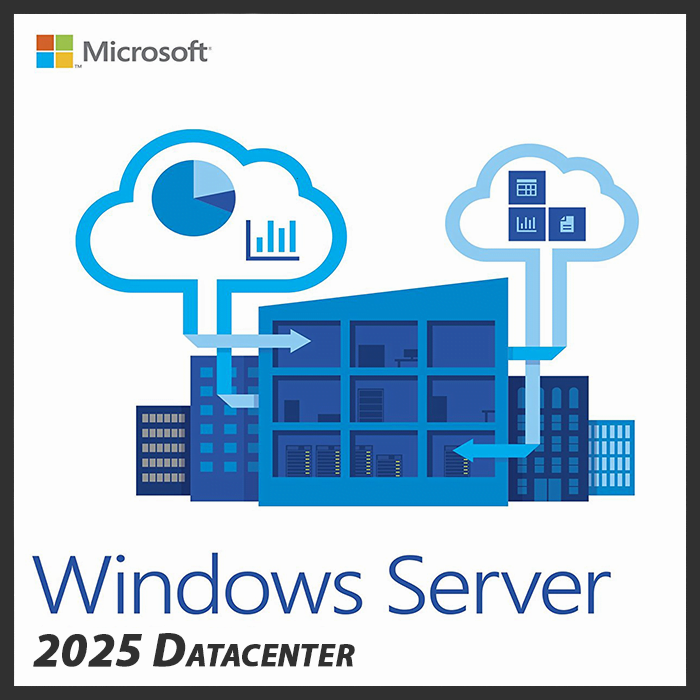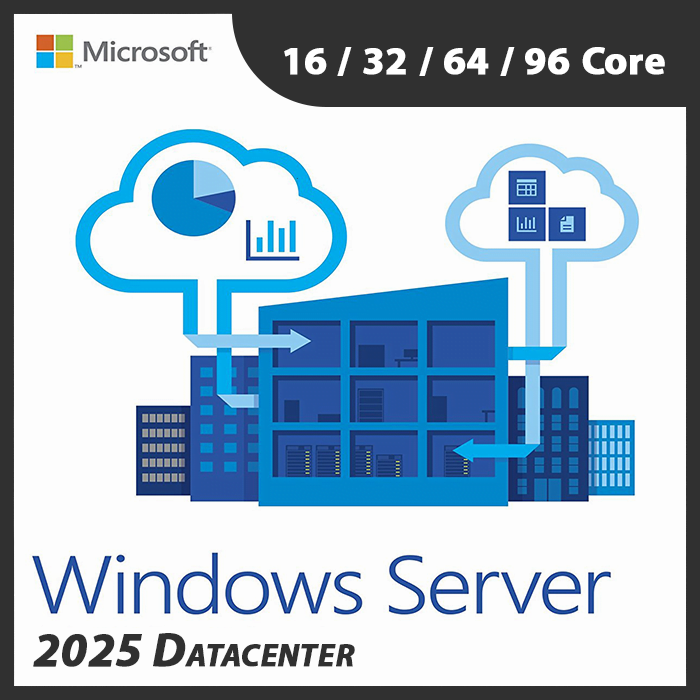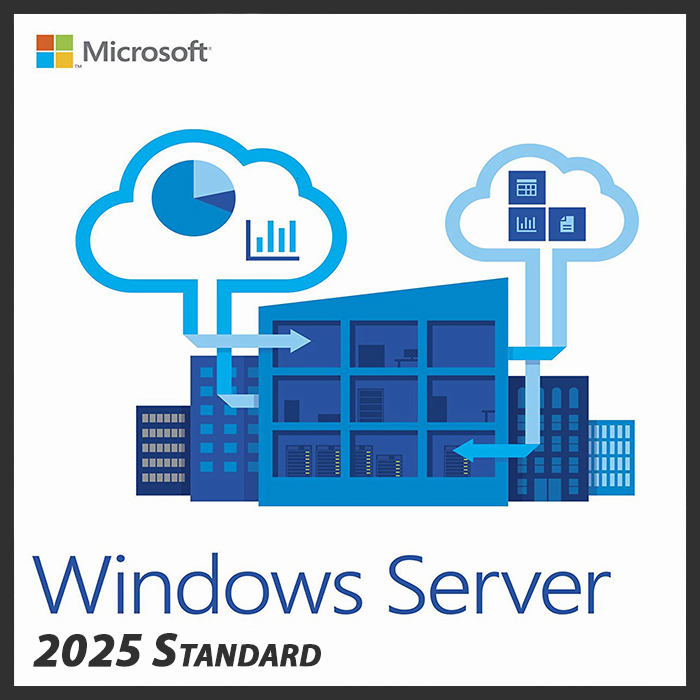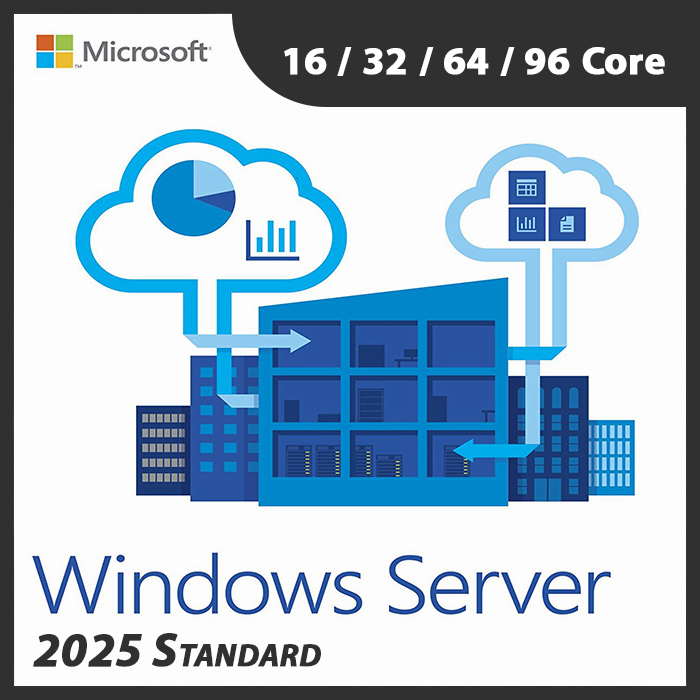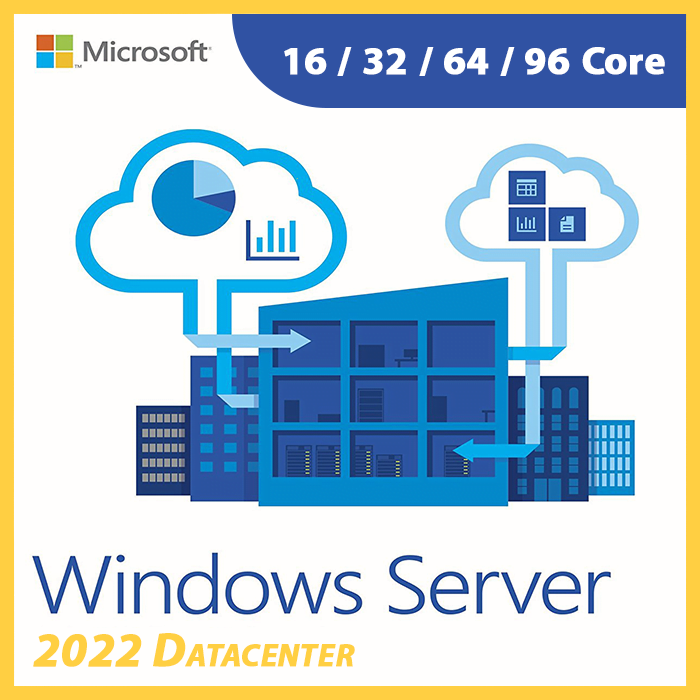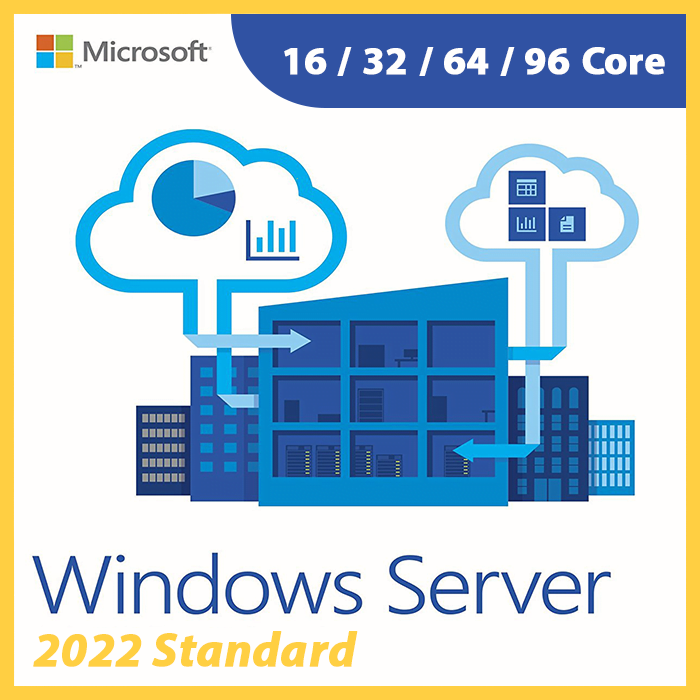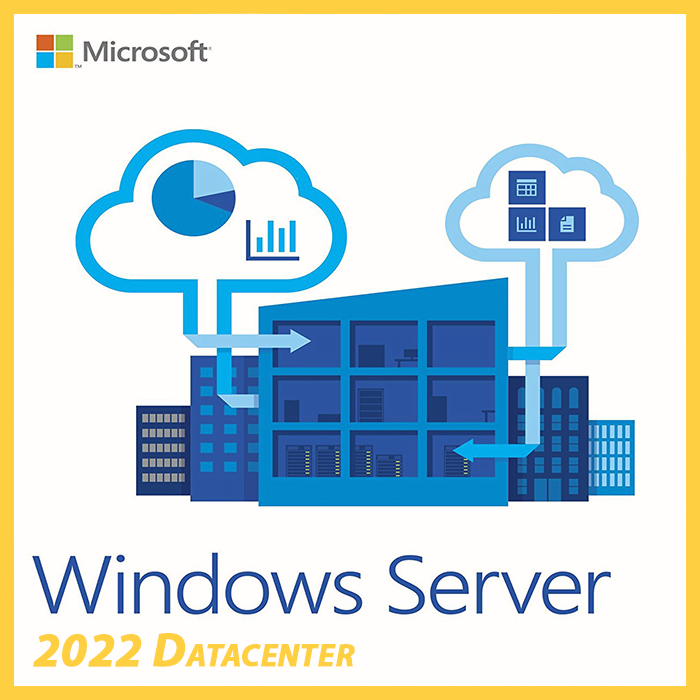Home » Introduction to Windows Server Roles and Features
Introduction to Windows Server Roles and Features
Windows Server offers a versatile array of roles and features designed to enhance server functionality, cater to diverse organizational needs, and optimize performance. Let’s delve into the fundamentals of Windows Server roles and features to comprehend their significance and functionalities.
Windows Server Roles
Domain Controller
Function: Manages security, authentication, and access to network resources within a domain.
File Server
Function: Provides centralized file storage and sharing capabilities across the network.
DNS Server
Function: Resolves domain names to IP addresses and facilitates network communication.
DHCP Server
Function: Automatically assigns IP addresses and network configuration to devices within a network
Web Server (IIS)
Function: Hosts websites, web applications, and services, facilitating web access.
Active Directory Certificate Services (AD CS)
Function: Manages digital certificates, ensuring secure communication and authentication.
Windows Server Features
Server Manager
Function: Centralized console for managing server roles, features, and configuration.
PowerShell
Function: Command-line interface and scripting language for system administration and automation.
Remote Desktop Services
Function: Enables remote access to applications and desktops for users.
Hyper-V
Function: Virtualization platform allowing the creation and management of virtual machines.
Windows Server Update Services (WSUS)
Function: Centralizes and automates the distribution of Windows updates within a network.
Network Load Balancing (NLB)
Function: Distributes incoming network traffic across multiple servers to enhance performance and reliability.
Windows Server roles and features form the backbone of a robust and efficient server infrastructure. Understanding their functionalities and purposes is vital for optimizing server performance, meeting organizational requirements, and ensuring smooth operations within a networked environment.
Recent posts
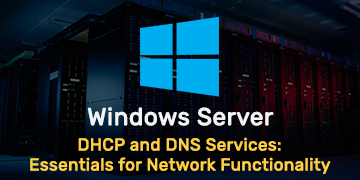
DHCP and DNS Services: Essentials for Network Functionality
Explore the critical roles of DHCP & DNS in networks, enabling efficient IP address management and domain name resolution.
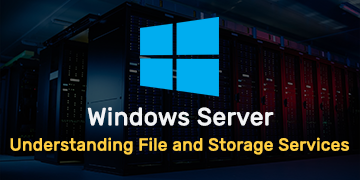
Understanding File and Storage Services in Windows Server
Explore Windows Server’s File & Storage Services for efficient data management, storage, and sharing within networks.
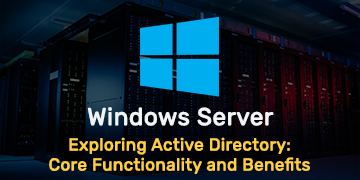
Exploring Active Directory: Core Functionality and Benefits
Discover the fundamentals and advantages of Active Directory for efficient user management and network administration.
